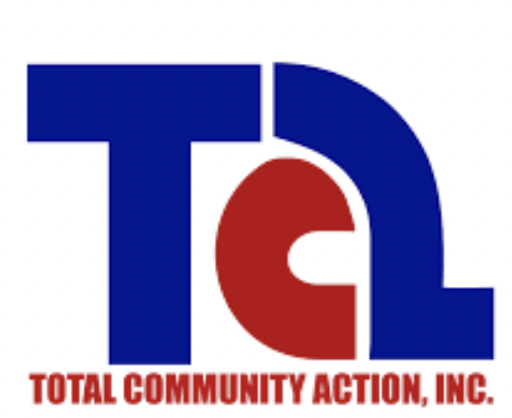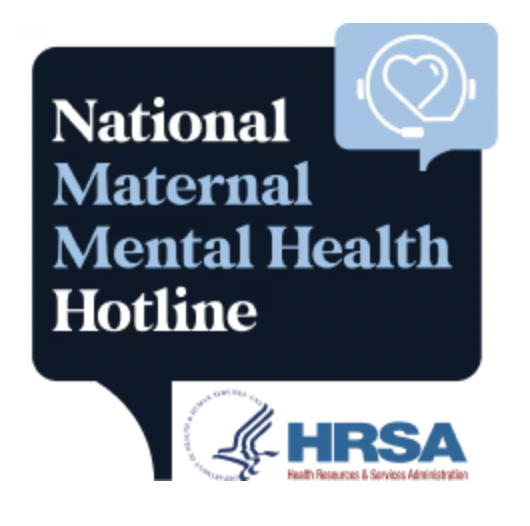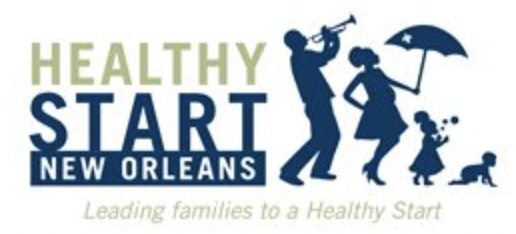October is recognized as Domestic Violence Awareness Month to highlight the devastating effects of domestic violence on individuals, their families, and communities. Domestic violence is characterized by abusive behaviors employed by one partner to exert control over another within relationships. As a pervasive problem, domestic violence can affect individuals of any age, socioeconomic background, ethnicity, or gender. Its various manifestations include physical, emotional, psychological, and sexual abuse.
Physical: Shoving, hitting, kicking, pulling one’s hair, or any other action that is intended to cause bodily harm to an intimate partner.
Emotional: Constant criticism, threats, name-calling, shouting, possessiveness, humiliation, excessively monitoring a person’s whereabouts, etc.
Psychological: Withholding affection from one’s partner, gaslighting (causing someone to doubt their sanity or reality), silent treatment, blame-shifting, etc.
Sexual: Any sexual act that is committed without the full consent of the other partner (i.e., unwanted intercourse, unwanted sexual touching, etc.)
Recognizing the signs of domestic violence and understanding its impact on victims is crucial. It's the key to fostering a community of support and safety, as individuals can suffer long-lasting effects from domestic violence. Tragically, many lives are lost to this issue.
The impacts of domestic violence on the mental health of mothers and their children or infants are diverse and complex. They can include:
- Post-Traumatic Stress Disorder (PTSD)
- Depression
- Increased risk of suicide
- Anxiety
- Behavioral problems in children
Cognitive delays (compromised academic performance, learning disabilities, etc.)
In addition to partners experiencing domestic violence in abusive relationships, many children endure this hardship either directly or indirectly as well. This can lead to a multitude of issues for children as they become older, which include behavioral problems.
DePaul’s Infant Equity Education Program (DIEEP) is committed to ensuring that mothers, infants, and children remain in a safe environment, which can save lives and lead to better health outcomes. If you or anyone you know is in a situation or environment where domestic violence persists, please contact the National Domestic Violence Hotline at 800-799-SAFE (7233) or visit their website to text or online chat with their 24/7 confidential hotline. Or, visit the New Orleans Women and Children’s Center or the New Orleans Family Justice Center’s website to receive services, hotline numbers, and chat options.
Additionally, if you are concerned about an abuser monitoring your internet or phone usage, there are several steps you can take to protect yourself. After visiting domestic violence assistance websites or researching hotlines, clear your browser history. Additionally, several domestic violence organizations utilize “codes” to request law enforcement or medical help without alerting an abuser. Finally, suppose you or anyone you know has experienced domestic violence and needs assistance, find a trusted loved-one to use a personal “code system” to alert them to call for help.
Remember, you are not alone. Speak up and speak out to make a safer environment for those experiencing domestic violence, and prevent others from becoming victims in the future.











